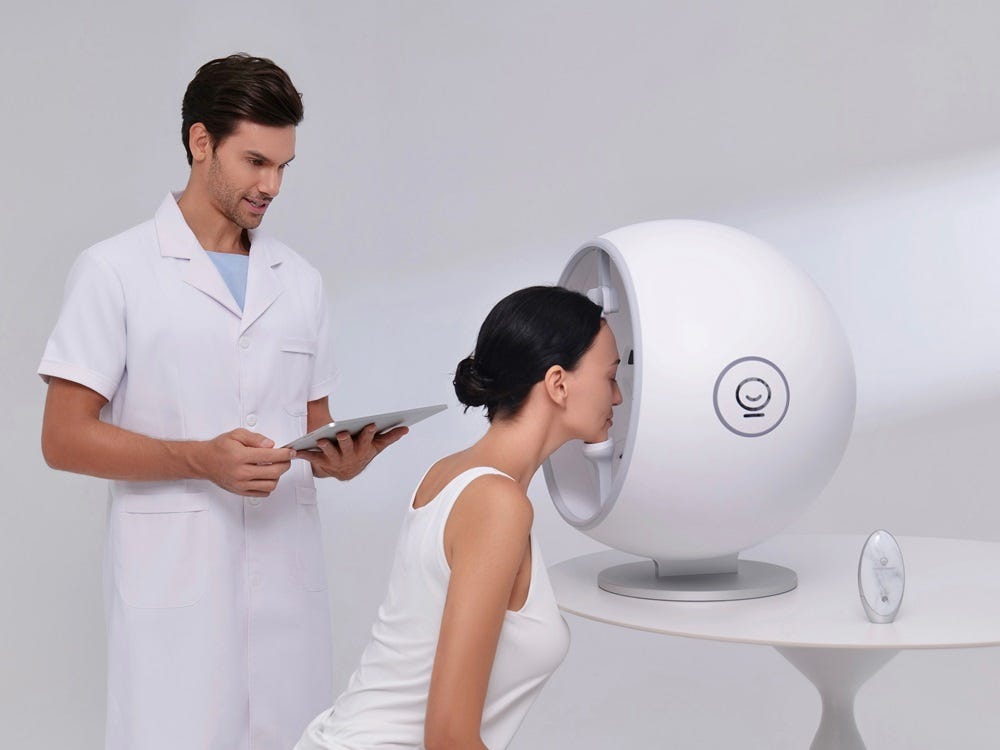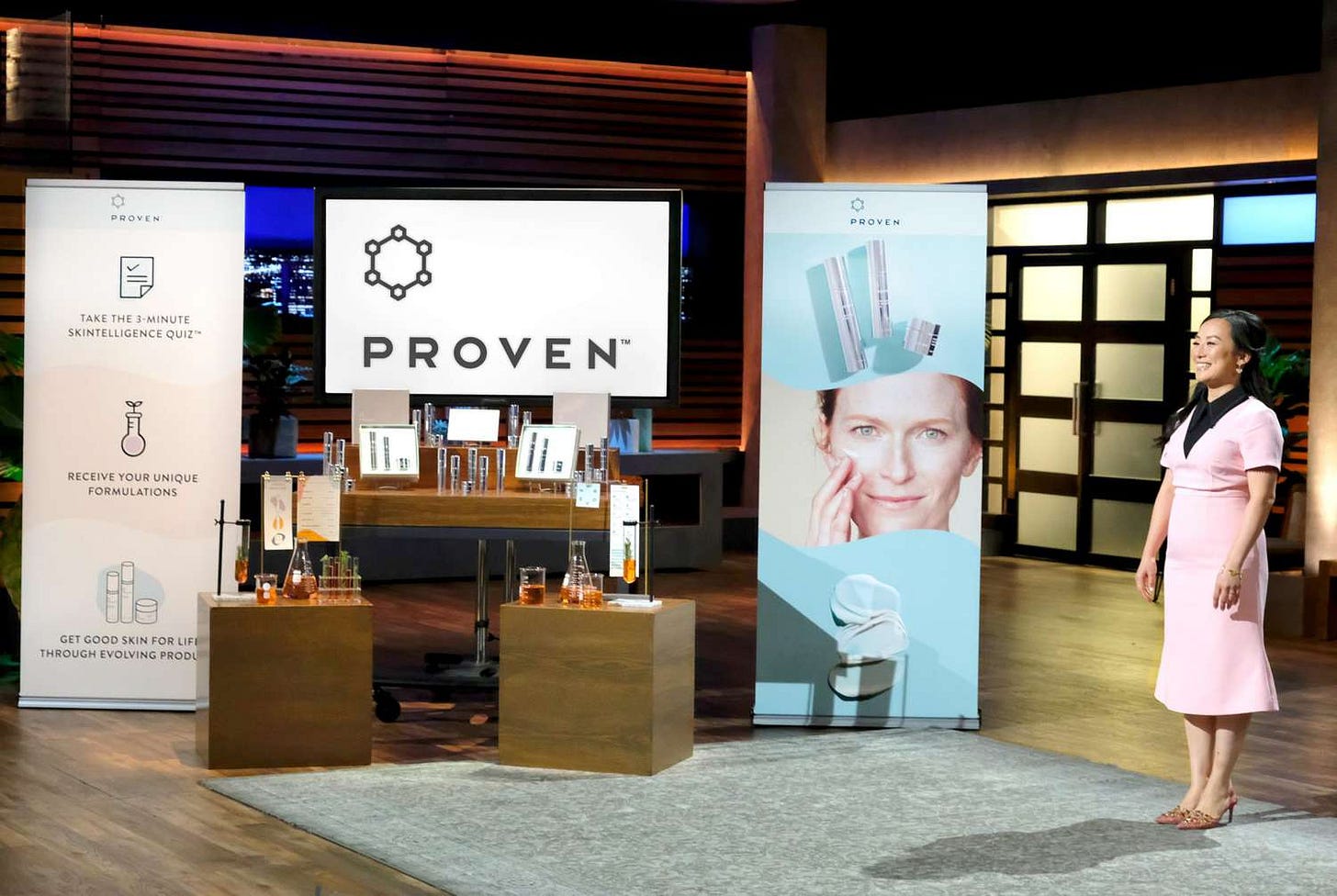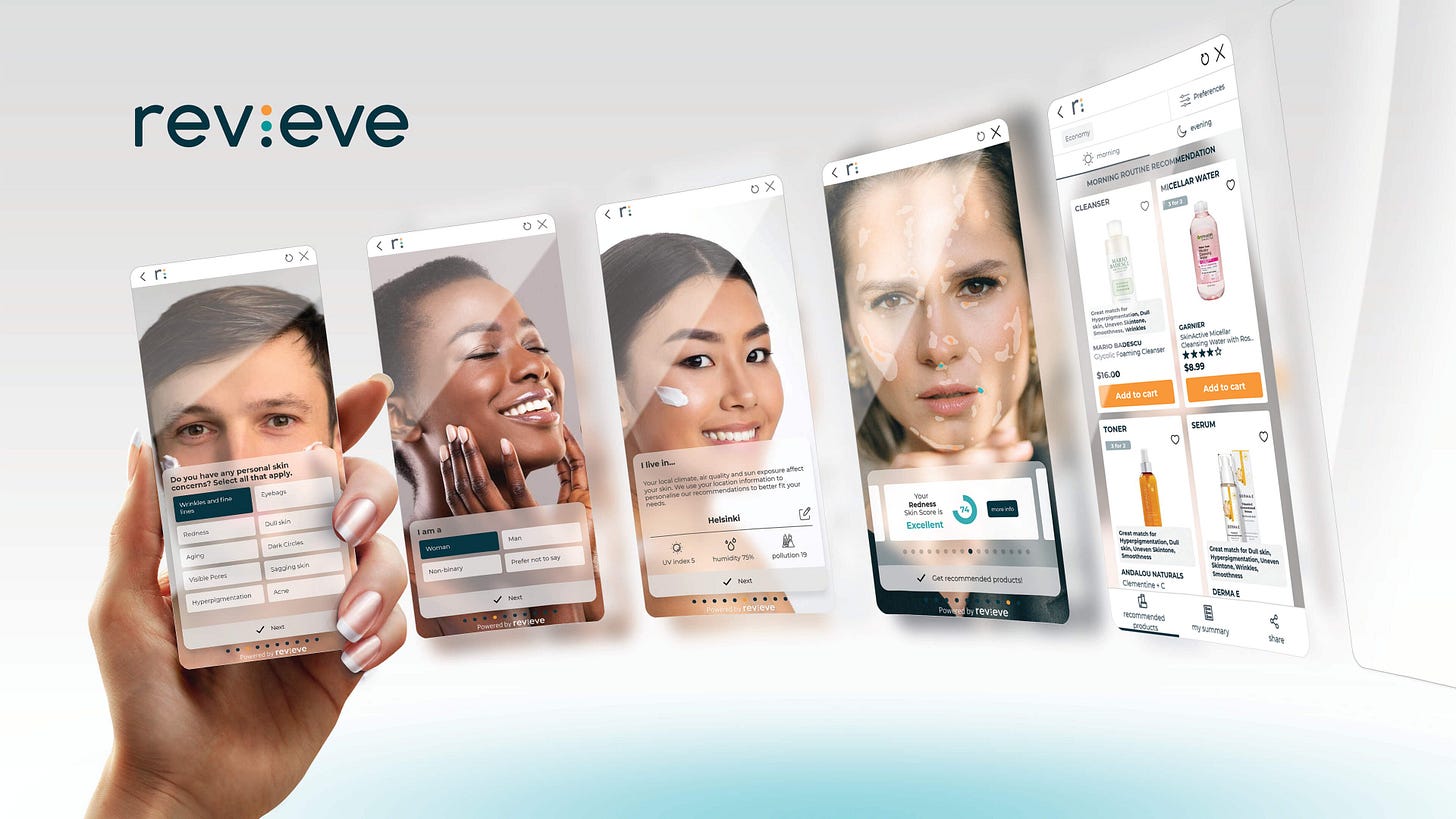Revolutionizing Beauty: The Role of AI in Cosmetics Product Development
Emerging Startups and AI: Transforming the Cosmetics Landscape
As the global cosmetics industry evolves, leveraging artificial intelligence (AI) has become increasingly crucial for companies seeking to innovate and meet consumer demands. First, I’ll outline the latest AI integrations we’re seeing in the cosmetics industry and its use cases, then move forward with emerging startups who are seeing great growth and synergies for a company of your scale and caliber.
AI Integration in the Landscape of the Cosmetics Industry
Trends Shaping Product Development
Several trends are currently influencing how cosmetics products are developed. First and foremost is personalization. Consumers are increasingly seeking products tailored to their individual needs, which AI can facilitate by analyzing skin types, preferences, and environmental factors. Another significant trend is virtual try-ons, powered by augmented reality (AR). This technology allows consumers to test makeup products virtually before making a purchase, enhancing the shopping experience. Customers using virtual try-ons are 2.4 times more likely to buy.
Moreover, rapid prototyping has emerged as a vital trend. AI accelerates the research and development process, significantly reducing the time and costs associated with bringing new products to market. Lastly, predictive analytics plays a crucial role in forecasting beauty trends by analyzing data from social media, fashion shows, and consumer behavior.
Innovative Competitors
In response to these trends, several innovative competitors are making strides in the cosmetics industry. Cosmetics companies are focused both on retail and DTC AI integration and its application of it has revitalized the Brick and Mortar business model and bolstered online sales.
For instance, L'Oréal has harnessed AI and named their flagship product Beauty Genius to provide personalized recommendations for over 750 skincare, makeup, and hair color L'Oréal products. Moreover, the group has expanded its strategy by acquiring ModiFace, an advanced AR technology for virtual makeup try-ons, enabling users to see how different products look on them in real time using their mobile devices. The AI automatically calibrates shades based on user images, enhancing the accuracy of the virtual experience, and Lancôme launched The Skin-Screen available in stores, recommending products to consumers from more than 10,000 skin images, their research teams have developed algorithms capable of establishing the unique profile of the consumers. To ensure their reliability and accuracy, the results have been tested on thousands of women and validated by dermatologists. Shiseido is also at the forefront, developing AI-powered skin analysis tools that offer customized product suggestions based on individual skin conditions.
Similarly, Estée Lauder and Clarins have implemented AI-driven chatbots that assist customers with support and product recommendations.
Returns on AI integration in the cosmetics industry
The global AI in beauty and cosmetics market will reach $13.34 billion by 2030, with a CAGR of 19.7% from 2021 to 2030.
76% of consumers are more likely to purchase when provided with personalized recommendations.
Customers using virtual try-ons are 2.4 times more likely to buy.
Implementing virtual try-on solutions can increase conversion rates by up to 94% and reduce product returns by up to 64% .
AI-driven tools are projected to influence up to 70% of customer interactions in the global beauty industry by 2027.
Emerging Startups Innovating in These Areas
Top AI Startups Use Cases for Product Development
When considering how AI can impact new product development in cosmetics, the key use cases stand out. The first is formulation optimization. AI algorithms can analyze vast amounts of ingredient data alongside consumer preferences and market trends to create optimal product formulations that resonate with target audiences.
The second use case is skin analysis and personalization. AI tools can assess skin conditions through photographs, identifying issues such as wrinkles or acne to provide tailored product recommendations that meet specific consumer needs.
The last significant use case involves trend prediction and market analysis. By analyzing extensive data from social media platforms, fashion shows, and consumer behavior patterns, AI can forecast upcoming beauty trends and inform strategic product development decisions.
Three Startups to Highlight: Proven, Revieve, and Spate
Several emerging startups are innovating within these selected use cases. In formulation optimization, Proven Skincare uses AI technology to customize products for individual customers. By leveraging the Skin Genome Project, which analyzes 47 individual factors and draws from 25 million consumer testimonials, the company creates scientifically-backed, customized skincare solutions. With impressive growth, Proven has generated over $37 million in revenue, amassed 130,000 customers, and achieved an 80% returning subscriber rate.
Since YC, they’ve grown significantly. Recently they’ve raised $12.2 million in Series A funding led by NewH2 Ventures. The company has raised over $21 million in total. Proven has reached break-even and is profitable since 2023 a feat for a CPG company.
The company's competitive advantages include cutting-edge AI technology, personalized formulas, and a commitment to clean, non-toxic products. Proven's innovative model has earned multiple awards and positioned it as a leader in the personalized skincare market.
In the realm of skin analysis and personalization, Revieve’s product offerings include an AI/AR-powered platform that personalizes the consumer journey through interactive experiences, such as virtual try-ons and tailored product recommendations based on user characteristics and preferences. The technology enables brands to enhance engagement, increase conversion rates, and optimize inventory decisions.
Revieve, is based in Helsinki, Finland, has successfully raised €1.3 million (approximately $1.45 million) in a Series A funding round aimed at enhancing its Digital Beauty Advisor offerings. This funding enables Revieve to expand its presence in key geographical markets and better serve both new and existing customers across four continents.
Their innovative platform partners with 100+ global brands across 4 continents, including industry giants like Samsung Electronics, and No7 Beauty Company, ULTA, Shiseido, and Unilever. Their 2024 Global Skincare Report provides cutting-edge insights into consumer behaviors across different markets, offering personalized digital experiences that drive business results. With a diverse team of 65 people representing 20+ nationalities, Revieve is uniquely positioned to understand and innovate in the global beauty technology landscape, making them a standout startup.
For trend prediction and market analysis, Spate, a YC-backed company, utilizes AI to analyze search data and predict beauty trends effectively. Spate has raised a total of $1.8 million in funding since 2018. The company is backed by Y Combinator and Initialized Capital, which has provided it with a strong foundation for growth. In terms of revenue, Spate achieved $1 million in 2023, marking a significant increase from $490,000 in 2021. By 2024, the company projected its revenue to reach $1.6 million, demonstrating a year-over-year growth rate of 56.8%.
Spate serves around 200+ clients in the United States, including notable brands such as L’Oréal, Estée Lauder, and Unilever. This diverse clientele spans both direct-to-consumer brands and larger enterprises. The company's insights are crucial for brands looking to stay ahead of trends and consumer preferences in the beauty, wellness, food, and beverage sectors. Key features include analysis of over 20 billion online search signals, 40 million TikTok videos, and predictive modeling to determine the longevity of trends.
Spate stands out as an innovative player in the beauty industry by leveraging AI to deliver critical insights to make informed decisions regarding product development, marketing strategies, and customer engagement initiatives. Spate stands out as an innovative player in the beauty industry by leveraging AI to deliver critical insights that help brands navigate the ever-evolving landscape of consumer preferences and market trends.
I’d like to quickly highlight some concerns, all three mentioned today have worked with companies of your scale that offers piece of mind, however depending on the scale of the product launch this could be a challenge for an early-stage startup. Additionally, partnerships with AI-driven startups like Proven and Spate may lead to complex intellectual property issues. Clearly defining ownership of shared innovations, algorithms, and data insights is crucial during the negotiation stage to prevent future legal conflicts.








